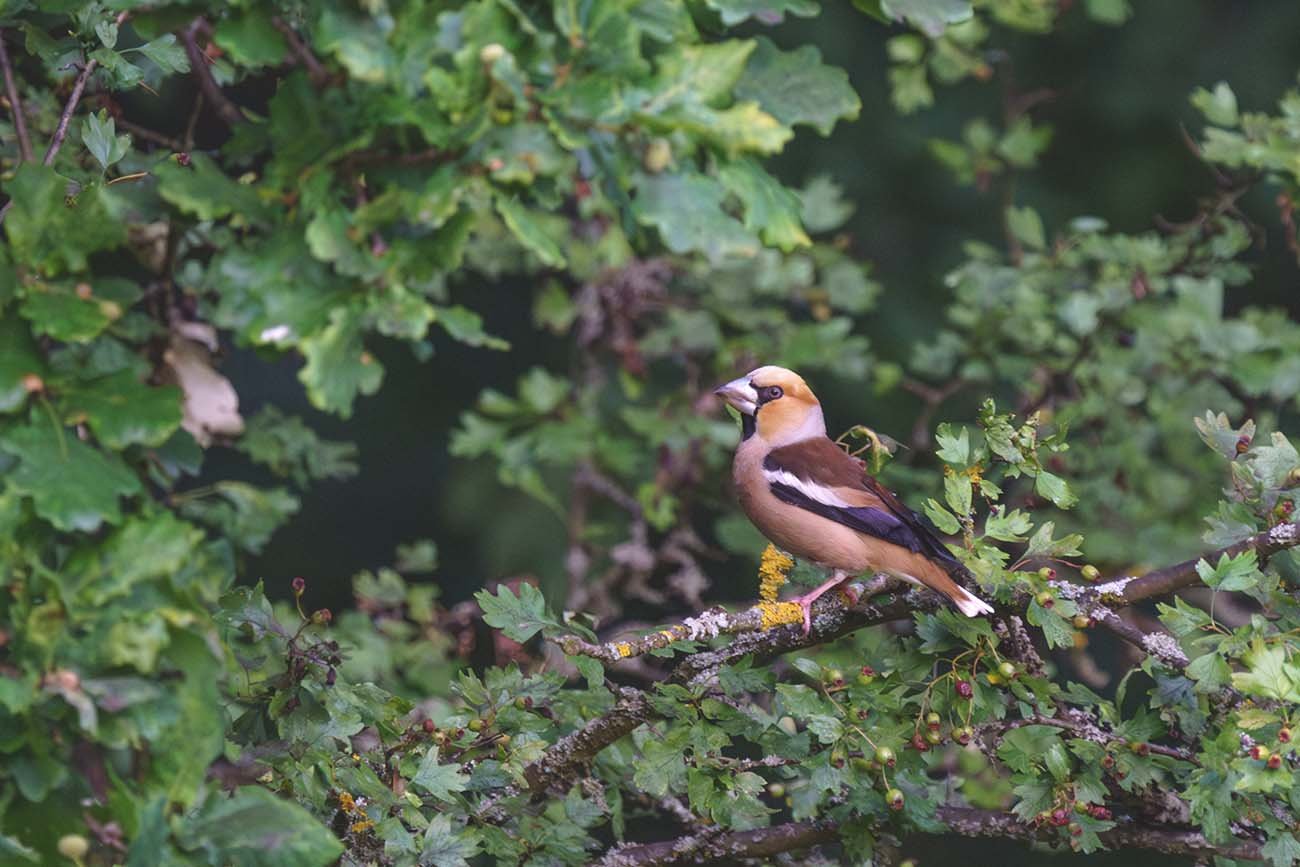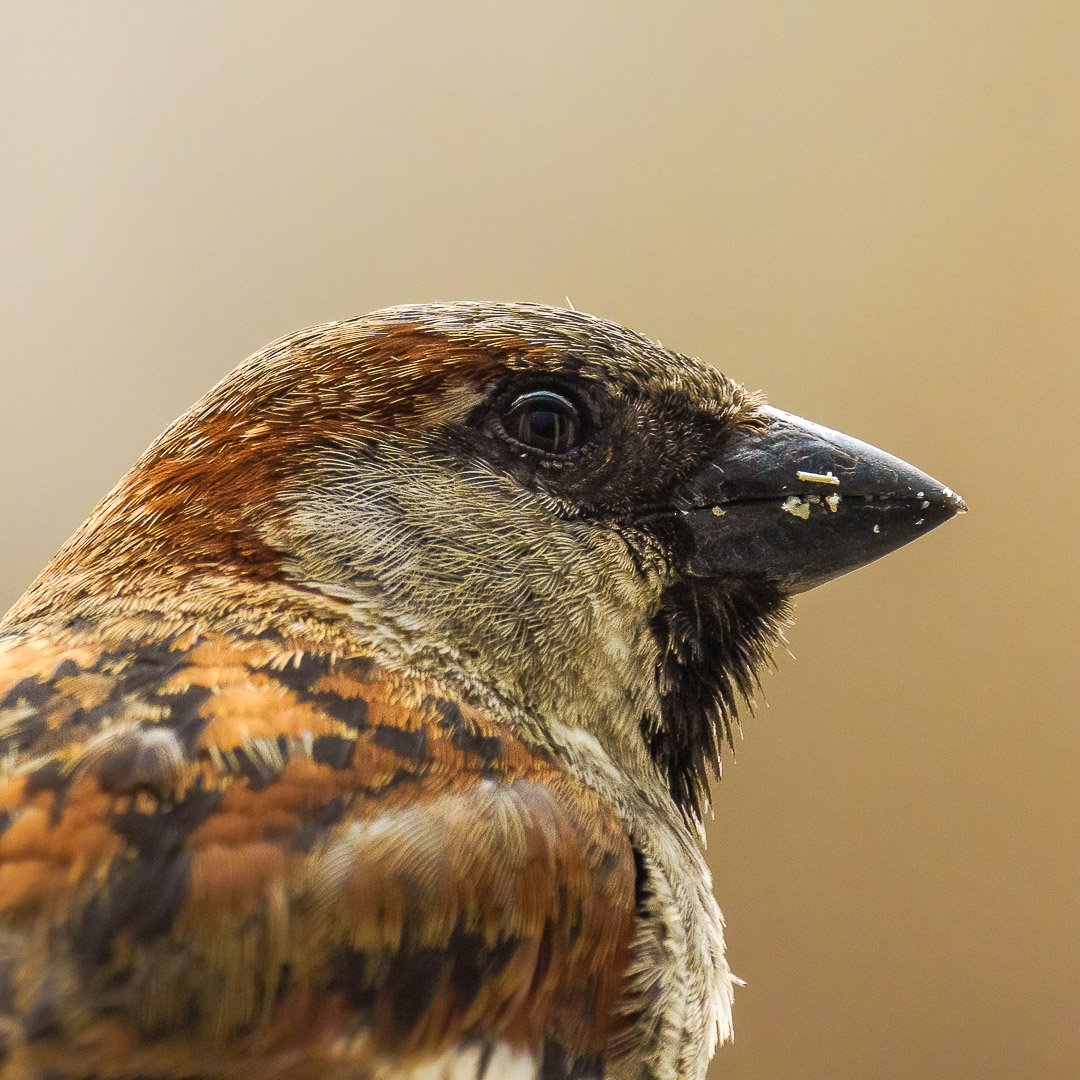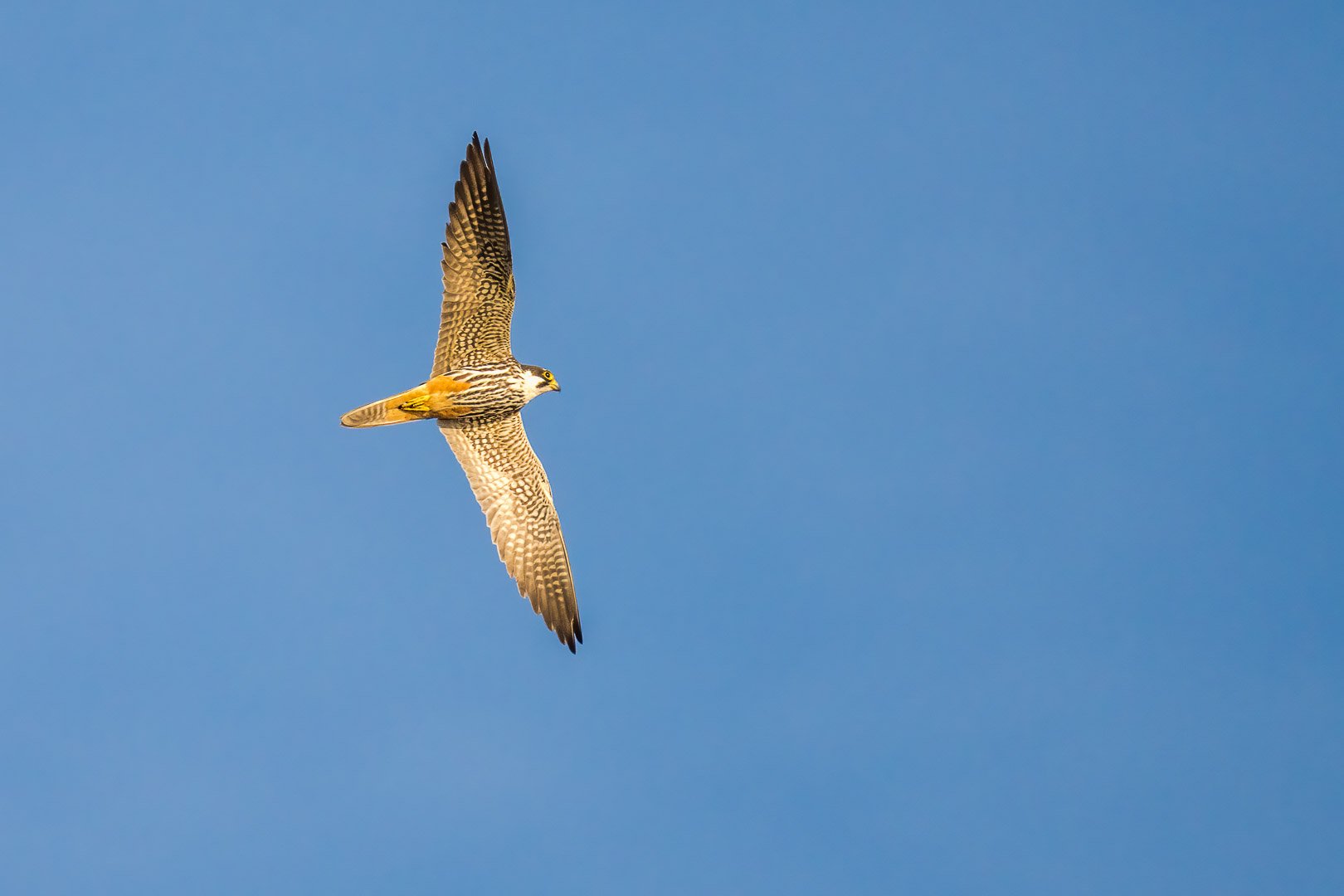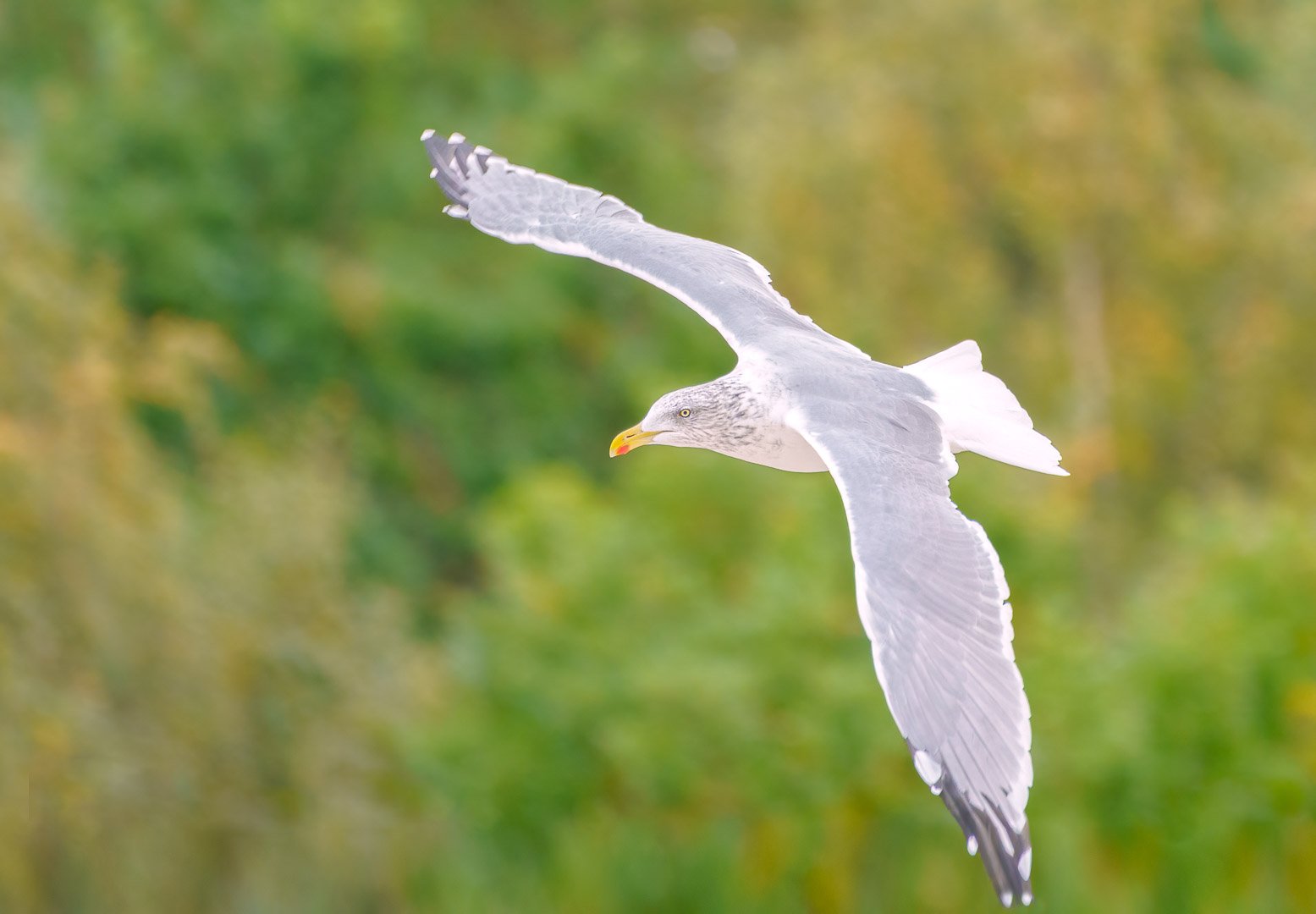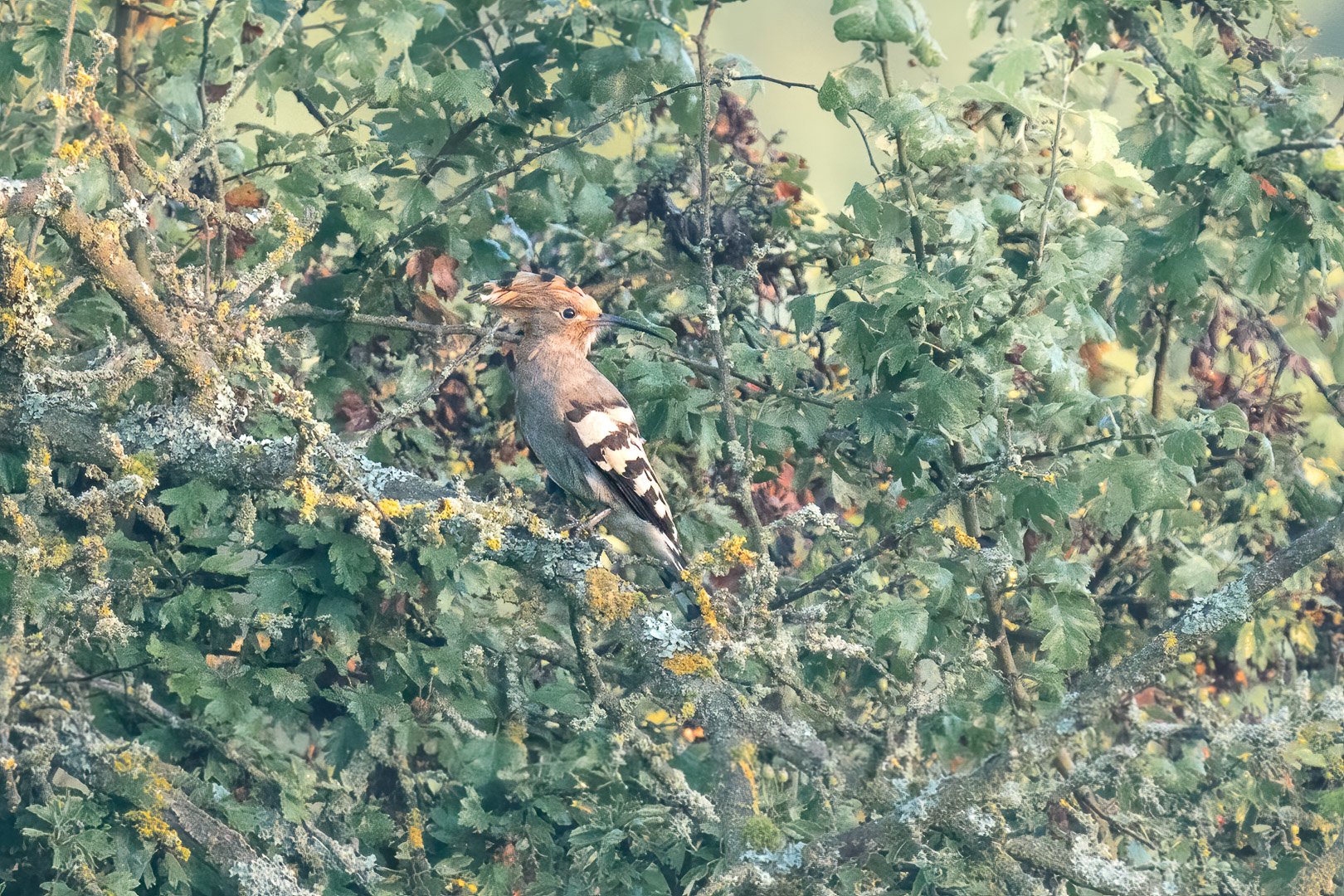Birds with “H” in Germany
Harmony in the Avian World: The Fascinating Birds Starting with “H”
Birds whose names begin with the letter “H” symbolize harmony and an impressive presence in nature. With their distinctive calls and diverse behaviors, they enrich our landscapes, bringing joy to both the eyes and ears.
A well-known example is the Great Crested Grebe (Haubentaucher), whose intricate courtship dances on the water are a true spectacle of nature. With its striking head plumage and graceful movements, it is an unmistakable presence on lakes and ponds. Equally captivating is the Woodlark (Heidelerche), whose song heralds spring across heathlands, stirring the hearts of nature lovers.
These “H” birds are not only easy to spot but also invite us to consciously appreciate the avian world. Their variety and harmonious existence serve as a living testament to the beauty and richness of our natural surroundings.
Germany: A Haven for Biodiversity
Germany is a true paradise of biodiversity. Its diverse habitats—from beech forests to expansive, blooming meadows—make it home to an impressive array of bird species. Each landscape has its unique characteristics, offering ideal conditions for species to find food, shelter, and nesting places.
In dense forests, secretive residents like the shy Black Woodpecker (Schwarzspecht) or the majestic Long-eared Owl (Waldohreule) can be found. Meanwhile, on fields and meadows, species like the Northern Lapwing (Kiebitz) and Skylark (Feldlerche) fill the air with their melodious songs. Even urban areas contribute to this diversity, providing niches for sparrows (Spatzen) and swifts (Mauersegler).
This diversity is not only fascinating but also of great ecological importance. Each bird plays a vital role in maintaining the natural balance, whether as pollinators, seed dispersers, or parts of the food chain. Germany’s landscapes illustrate how closely the well-being of wildlife is tied to the preservation of their habitats.
Germany’s haven of biodiversity invites you to explore its beauty and uniqueness while actively participating in its protection. Every species we preserve contributes to securing the vibrant legacy of our landscapes for future generations.

